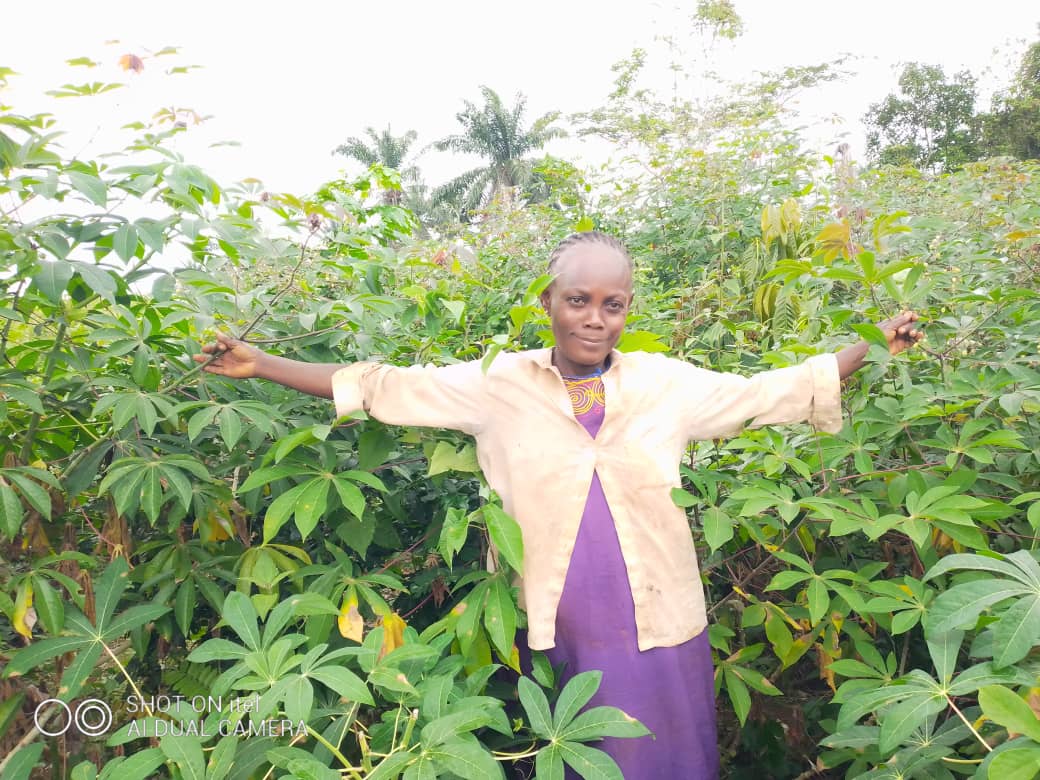New project gives women a voice in the Democratic Republic of the Congo
Story

In the Democratic Republic of the Congo (DRC), the largest country in sub-Saharan Africa, women play a predominant role in the agricultural sector, making up the majority of workers and farmers, and producing 80 per cent of the food for their families.
And yet, women are underrepresented in leadership roles, and excluded from the important decisions that are made by village Local Development Committees (LDCs). Members of the LDC’s oversee and implement the local development of the village, a dynamic through which the community is guided. The LDC’s decide on the actions to be taken and promote good governance of community resources and investments.
This underrepresentation hinders women from influencing and taking their place within the local community and prevents them from playing their role as catalysts for development.
For Adolphine Matayi Bazaba, a 53-year-old mother of six, participation in a new project to improve her Local Development Community, has been an empowering experience. Led by Cuso International partner, Actions concertées pour le développement durable (ACODED), the initiative is putting gender at the forefront of community development programs by first putting in place the required foundation to ensure better representation of women in leadership positions.
“This program is important because it has brought value to women and girls.” says Adolphine.
Through gender sensitivity training, workshops, improved gender representation in leadership positions, and capacity building, the project has succeeded in giving a voice to women. Further, with new gender-sensitive tools to plan, collect data, monitor, and report, Adophine’s Local Development Community can better understand the impact of their actions and where to make improvements.
Now a member and the secretary of the Yila Local Development Committee in the Seke-Banza region of Central Congo, Adolphine says that the program has brought a consensus on the word “equity” between the men and women in her community.
In addition to the Local Development Community enhancements underway in Adophine’s district, five other LDCs in the region now have women in their leadership structure.
“I’m proud of what has happened here. It’s a great step in the right direction. Women should always have a seat at the table – it’s good for the community,” says Adolphine.